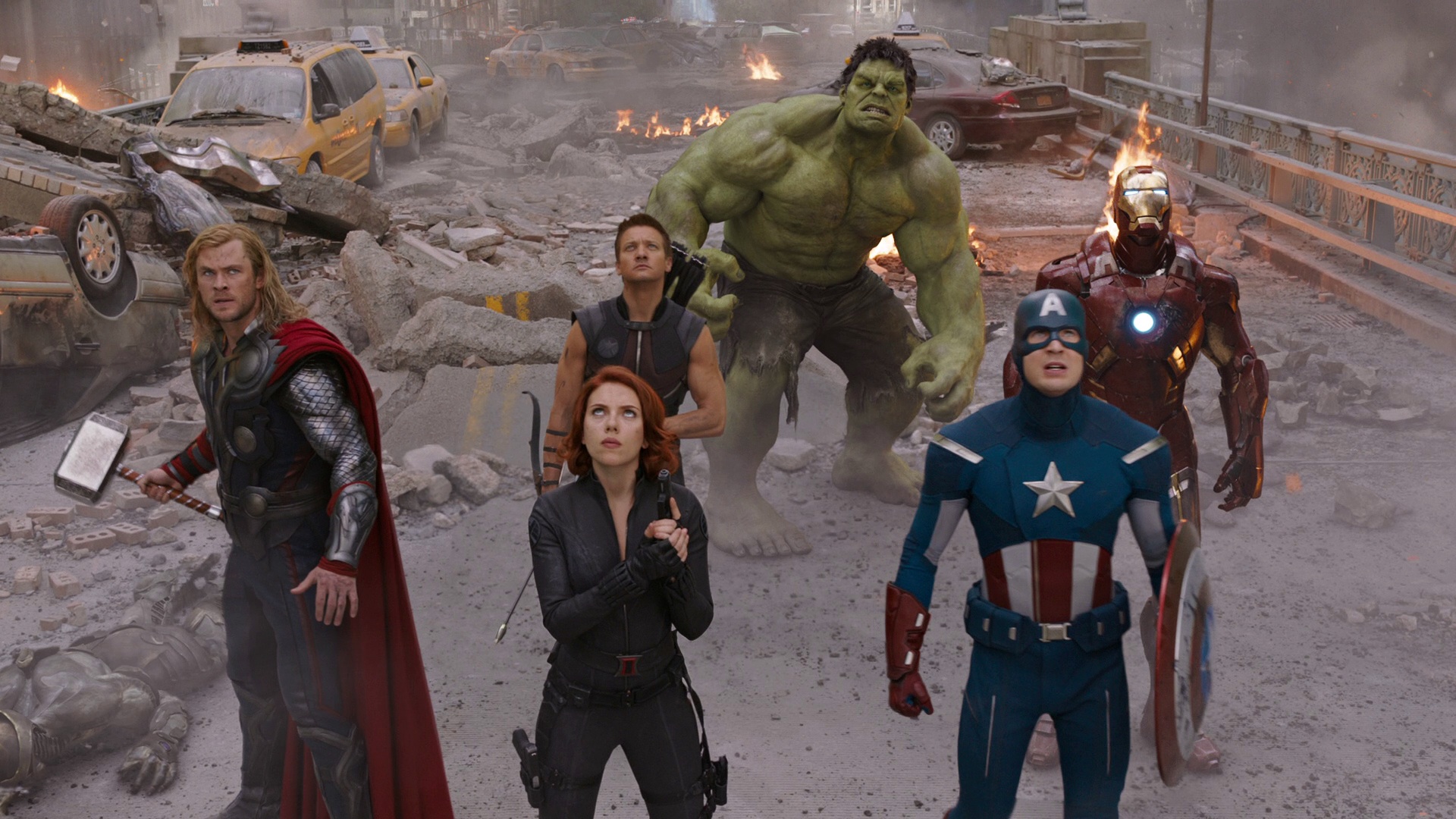Why Hollywood Needs a Spending Cap for Movie Budgets
Think back to the last blockbuster movie you saw. Whether it was a comic-book movie or a sci-fi epic, chances are was hard to ignore how much money went into making it. Most big-budget movies have an intangible, expensive feel – usually due to their outlandish special effects and silly storylines. Because of that, we tend to criticize the movie industry for producing flicks that just have too much of everything.
There’s a simple truth that Hollywood has forgotten: $500 million is a lot of money. More and more movies these days are produced on gigantic, eye-watering budgets, but they amount to very little in the public consciousness (other than record-breaking box office receipts). What Hollywood needs is a spending cap, or a system of restricting how much studios can drop on a production. It could make movies leaner, smarter and more believable – in a word, better.
It's an idea partly inspired by director J.J. Abrams, who's no stranger to big bankrolls for his movies, like Mission: Impossible III and Star Trek. Abrams did an interview recently for the L.A. Times where he came out against the huge piles of money that studios spend on movies. Abrams said it’s “embarrassing that movies cost what they do,” and he’s right. When the quality of the material posted online by young filmmakers (on no budget) is reaching such high standards, why are the major studios nearly going broke to put one big film on screens?
Perhaps that’s one of the reasons we watch the box-office numbers so closely on opening weekend. If a movie needs to make $250 million just to break even (*cough* John Carter), isn’t there something fundamentally wrong with the industry? And when the future of a sequel (admit it, sometimes we want them) rides on the financial success of its predecessor, shouldn’t the filmmakers try to make it easier to secure a follow-up?
So I’m proposing a spending cap for Hollywood. Granted, it’s a blue-sky notion in the financial arms race of the film industry, but consider what it could do for filmmaking. Even by setting a limit like $50 million, studios could challenge themselves to be more frugal with everything: actors’ salaries, crew size, CGI, and marketing. The benefit would be a more down-to-earth movie that actually resonates with audiences, rather than screaming “Look how much money we have!”.
Filmmakers often speak highly of the time they spent breaking into the business, fighting for every dollar they invest in their productions. Experiences like that force them to solve problems, and re-evaluate what’s important about a picture. When a director does land a major studio film, sometimes the freedom they get with the budget only creates confusion. Millions are spent getting a shot just right, and often it doesn’t even make it into the final cut.
Independent films prove this point time and again. How many sleeper hits were shot on moderate to shoestring budgets? Think of the 2009 sci-fi Moon, which was shot on a budget of $5 million. Because director Duncan Jones didn’t have the cash to hire a huge cast or use complicated digital effects, he focused on what mattered: the performances. And viewers responded – they could tell that the movie wasn’t throwing expensive effects at them for the sake of it.
Sure, it’s great when mega-movies invest their money in a local economy – like the way the Lord of the Rings and Hobbit films have singlehandedly turned New Zealand into a filmmaking and tourist haven. But if movies could only spend so much, maybe we’d see a greater number of films doing the same thing – spreading the wealth, rather than consolidating it.
There’s a mathematical sense to lower budgets that studios seem to ignore. Cheaper production = better movie. Better movie = more ticket sales. More sales + lower costs = bigger profits. Any other industry would call Hollywood crazy for not following a spending cap model. But hey, it’s Hollywood – can we ever expect them to be sensible?
-
What do you think about the mega-budgets of Hollywood blockbusters? Are they a necessary evil of the industry? Would studios ever adopt a spending cap on movie productions? Can a big-budget film ever have the impact of a movie made on the cheap? Sound off in the comments section! If you liked this post, share it with your friends and followers, and check out some of my other articles on movies:
-
4D Movies: The Latest, Greatest Gimmick Comes to North America
Vertigo and the Search for the Greatest Film of All Time
5 Flaws in The Dark Knight Rises That Couldn’t Be Avoided
-




